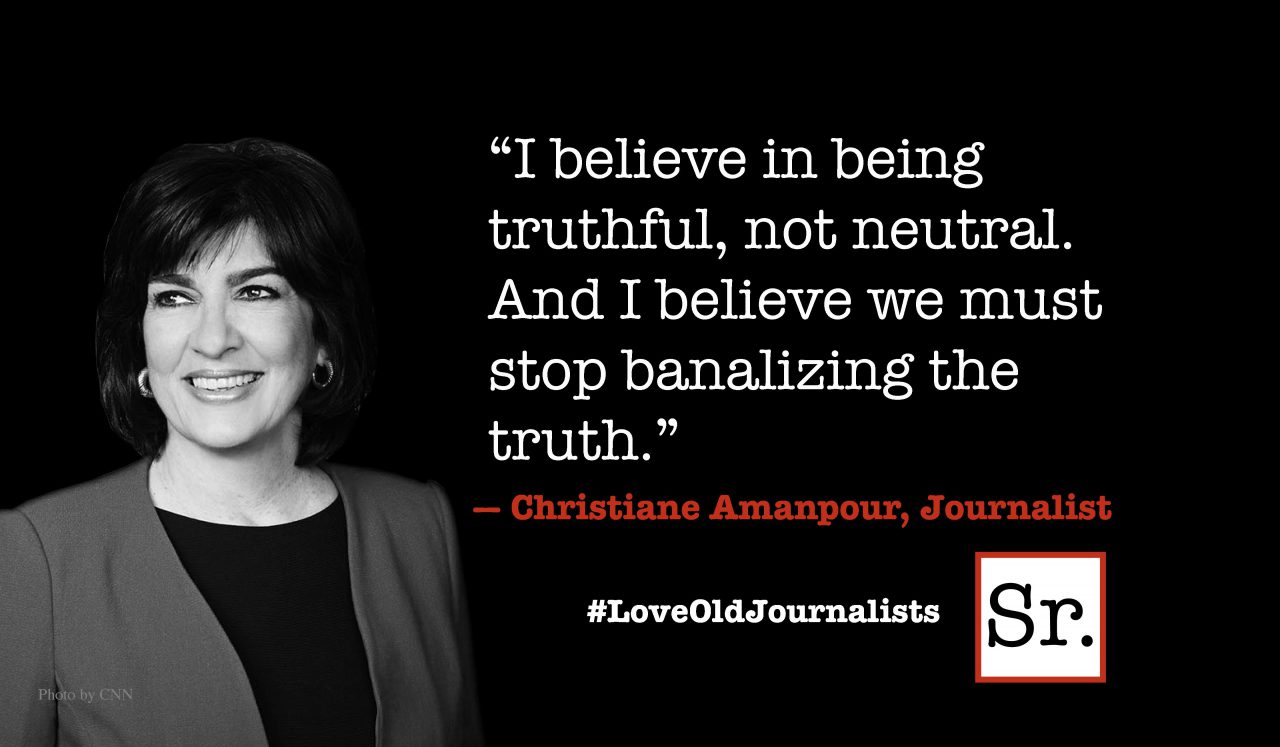Q. I’m 74 years old. Are my organs too old to donate?
There are no cutoff ages for donating organs. Organs have been successfully transplanted from newborns and people older than 80. It is possible to donate a kidney, heart, liver, lung, pancreas, cornea, skin, bone, bone marrow and intestines.
While organs must be used between 6 and 72 hours after removal from a donor's body, tissues such as corneas, skin, heart valves, bone, tendons, ligaments, and cartilage can be preserved and stored for use later.
The evaluation of organs is based upon medical standards. The conditions that will absolutely exclude donation are HIV, active cancer and systemic infection.
If you are at least 18 years old and want to be an organ donor, follow the instructions at: http://organdonor.gov/index.html , a federal website.
Most organ and tissue is given after the donor has died. However, some donations are made by living donors. The first successful transplant by a living donor in the United States was of a kidney transferred between identical twin brothers in 1954.
More than 100,000 people in the U.S. are on the waiting list for organ transplants. The number of people needing a transplant is rising faster than the number of donors. Each day, 18 people die in this country waiting for transplants.
The United Network for Organ Sharing (UNOS) maintains the Organ Procurement and Transplantation Network (OPTN), a national computer registry that matches donors to waiting recipients.
Every transplant hospital in the United States is a UNOS member You have to go to a transplant hospital to get on a waiting list, To find a transplant hospital, use the UNOS directory at http://optn.transplant.hrsa.gov/members/search.asp
The following are corrections of some common misconceptions about transplants:
- The doctor treating you in a hospital has no tie-in to transplantation, so you don’t have to worry about the doctor giving you inferior care to get your organs for someone else.
- Organ donation is not against the beliefs of most religions, including Christianity, Islam and all four branches of Judaism—Orthodox, Conservative, Reform and Reconstructionist. You can find more information about religious views on organ donation at http://www.organdonor.gov
- An open-casket funeral is not precluded by organ donation. Donation does not change the appearance of the body. Organs are removed surgically in a routine operation.
- Costs for organ removal are paid by the recipient, not the donor.
- Organ transplant recipients are selected on the basis of medical urgency and compatibility, not sex or race.
Medical schools need complete bodies with all their organs and tissue to teach anatomy. Research facilities need bodies to study disease. Donating organs can preclude the use of a body for study. However, some schools and research facilities will allow donors to give an organ for transplantation and then accept the altered body for study.









